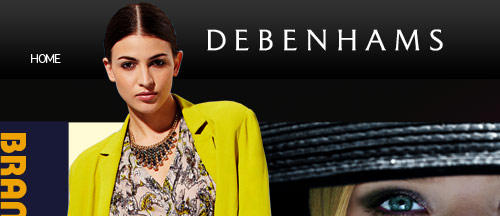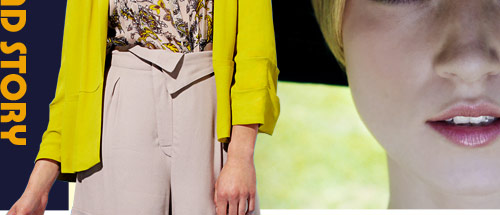


1778
The business was formed in 1778 by Messrs Flint and Clark, who began trading at 44 Wigmore Street in London as a drapers' store under the name Flint & Clark.
1813
In 1813, William Debenham became a partner and the corporate name changed to Clark and Debenham.
1818
In 1818 the company opened a second store in Cheltenham
1851
In 1851, Clement Freebody became a partner so the name changed again to Debenham & Freebody.
1905
The business was incorporated as Debenhams Limited in 1905.
1919
The modern Debenhams group grew from the acquisition of department stores in towns and cities throughout the UK, under the leadership of its chairman, Ernest Debenham. The first of these purchases, Marshall & Snelgrove at Oxford Street in London, was acquired in 1919.
1920
Later purchases included Harvey Nichols in London's Knightsbridge in 1920. Most stores acquired retained their former identities until a unified corporate image was rolled out across the stores.
1928
The company was first listed on the London Stock Exchange in 1928.
1976
In 1976 the company acquired Browns of Chester. It remains the only UK store to have retained an individual identity.
1985
In 1985 the company was acquired by the Burton Group. During the 1980s, Debenhams was targeted three times by the Animal Liberation Front in protest at the sale of animal furs in stores. Stores in Romford, Luton, and Harrow were fire-bombed by members, the worst attack being on the Luton store. As a result, the company stopped selling clothes with animal furs.
1998
Debenhams demerged in 1998 and was once again listed as a separate company on the London Stock Exchange.
2000
It expanded under the leadership of Belinda Earl who was appointed CEO in 2000.
2003
Debenhams opened its largest British store in September 2003, at the new Bull Ring shopping centre in Birmingham. A private consortium named Baroness Retail Limited acquired the company in late 2003 and it returned to a listing on the London Stock Exchange in 2006. The consortium comprises CVC Capital Partners, Texas Pacific Group, Merrill Lynch Global Private Equity, and management.
2009
The company purchased the brand name and stock of Principles in March 2009 after the business entered administration. Principles operated concessions within 121 Debenhams stores, and were subsequently relaunched by Ben de Lisi as part of the Designers at Debenhams range. In November 2009, Debenhams acquired the Danish department store group Magasin Du Nord. The company operated six stores in Denmark under the Magasin brand.
2010
In July 2010 Debenhams purchased the 115 Faith concessions trading within its stores, after Faith entered administration. In October 2010, the company launched its first iPhone app that allows customers to shop the online range and scan product barcodes in store.
2011
It added apps for other types of phones in March 2011 and in September 2011 expanded to add apps for virtually all smart phones.
2012
In April 2012 the company announced it would be building 14 new stores, and was in negotiations over a further 25 sites in the UK. Debenhams agreed to become the anchor store at the Riverside shopping centre in Shrewsbury. By September 2012, the company announced a strong set of annual results with highlights including total sales up 2.6%, like-for-like sales up 2.3% inc vat, online sales up 39.8% and profit up before tax up 4.2% to £158.3m.